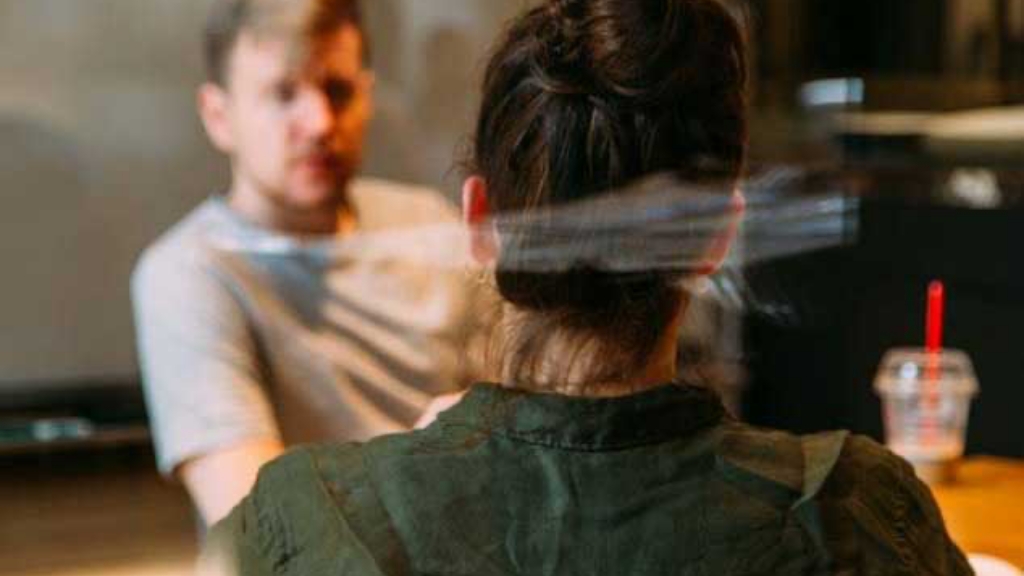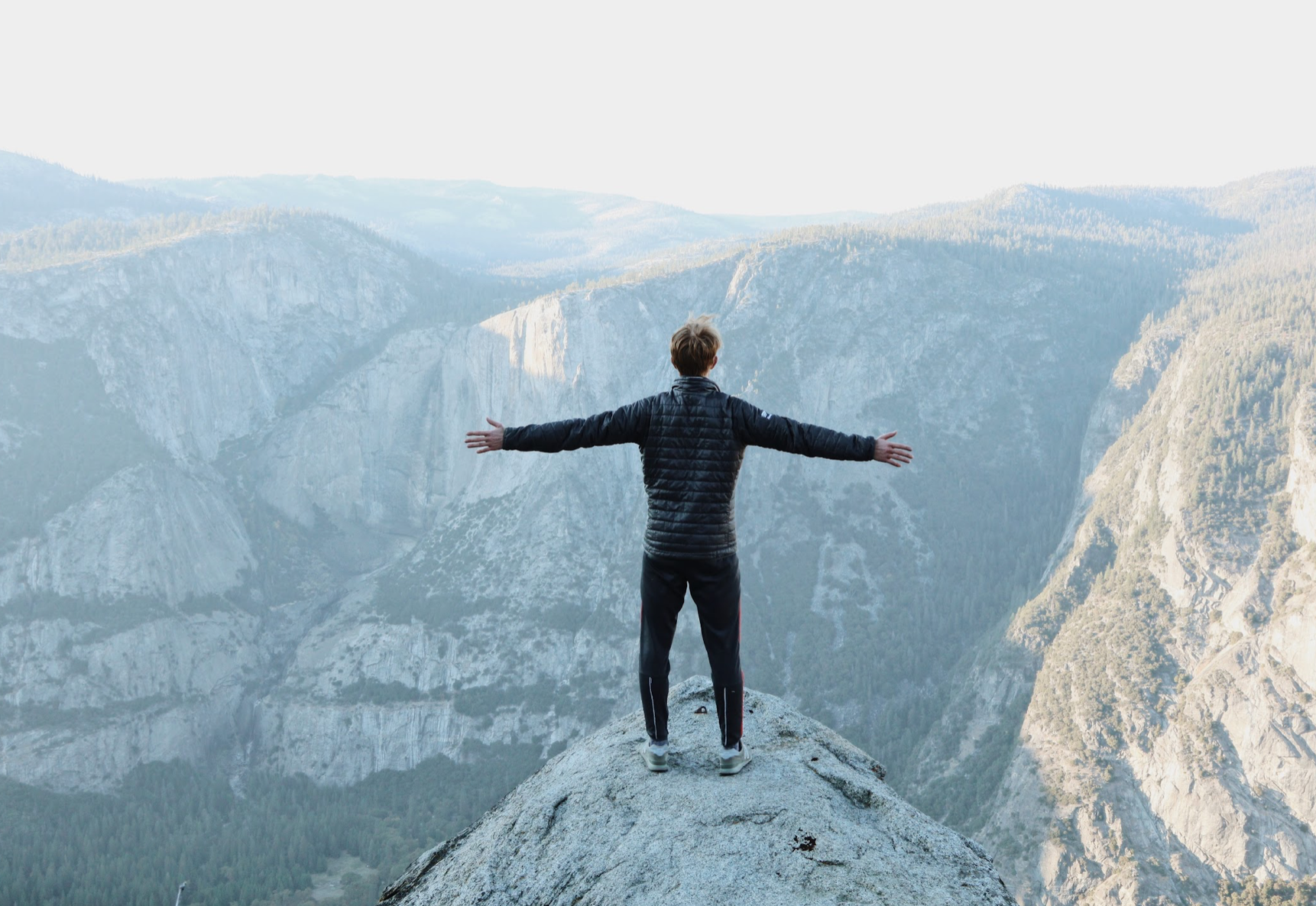So often I have women clients who come to me in their forties and fifties, they are saying that they do not like their older face, the newly acquired fine lines and their ageing body. They want to know how to grow up into being a mature woman devoid of regret that they are no longer young, that they no longer have “the look” or perhaps come to terms with the fact that they never did conform to societal expectations.
What does “having the look look like?” Well, you know, long hair, thin body, clear skin, a gap between the fat at the top of my thighs….big boobs….the list goes on. In another culture, the criteria is different. I cannot speak for other cultures, so will leave that to the women who experience them. For myself, brought up in the West, the reality is one dimensional around beauty. I remember asking my mother when given (to her horror) a Barbie doll by a friend for my birthday when I was eight years old: “does anyone really look like this?”
Sure, there are people who do look like a Barbie doll and can seemingly benefit from “the look”. In reality, the vast majority of us do not have “the look”, never will have it, and have gone through life seemingly well-adjusted as a result. So, what have we missed out on? It is worth stopping here to think about the seeming benefits of having “the look” that some few of us (if we care to admit it) have longed for or aspired to throughout life.
Firstly, for anyone who cares to ask a person who seemingly has “the look”, what is it like to have this rare undeserved privilege of being a goddess among trolls, you will get another story. It is a curse to grow up in a world where no one relates to you exactly as you are, where people may project their fantasies onto you and expect you to live up to them, for other women to despise you, for never being able to justify that you achieved something because you are intelligent. To think that a woman who is revered for her looks is a lucky person, is to dismiss the demeaning experience of being valued for something that is incidental to who you are.
So how do we as women come to terms with ageing and begin the journey towards freedom and self-growth?
Understanding that a level of self-worth for females has been, whether conscious of it or not, intimately tied up with our image from an early age, we are invited to develop another more potent sense of a relationship in the world as we grow older. This relationship is developed over time and is a process of embracing grief and loss for past phases of our life and recapturing the present to fulfill the next phase of life. It is a time for experiencing grief for loss and celebration for what we have gained.
Write an inventory of loss:
We can begin our journey by writing an inventory of what we perceive to have changed in our body, what we perceive to have lost or are losing as we grow older.
Give expression to the wide range of emotions that come with loss of fertility, saggy breasts, stretch marks, fat, droopy eyelids, loss of visibility, less mobile etc.
Remember that it is OK to notice and experience the full range of emotions from denial, resentment, sadness, anger, bargaining, before reaching acceptance of “what is”.
Notice where you are on the grief and loss cycle: denial, anger, bargaining, depression, acceptance.
The healthy self and body
If you have not already done so, look at your body in a full-length mirror. Notice the body and its ageing benefits – more rounded, less rounded, softer, more curvaceous, less curvaceous, more sensuous, more aware of how your body feels, more connected.
Write a list of all the ways your body has served you until this point in time.
Think of ways to celebrate your body. Massage your body with oil, give yourself a foot massage, buy a new outfit.
Do something physical that connects you with nature, that associates you with healthy movement (i.e. yoga), not calorie counting or looking better.
Make a list of women for who are known for what they have contributed, not how they looked.
Read books about the sacred feminine. Learn about ancient traditions and rituals.
Reclaim the discussion about age:
What have you learnt growing older?
What do you love about myself as an older woman?
What is your unique contribution to the world as an older woman?
What do you want to give to and take from the world?
If this was the last day of your life, what do you want to be known for?
Imagine…………
Remember a joyful childhood experience and imagine how you can recreate that experience as an older woman? What can you learn from my child-self?
Imagine the face of an older woman you know and admire, cast your eyes over her face with love, notice every wrinkle and every sign of lived experience on her face.
Ask her (in your mind’s eye): what is a life well lived? What is it you need to know?
Take a dancing class and learn about the joy of moving the body in a new way.
Collect five photos of beautiful older women. How is their beauty different to that of a younger woman?
Take some photographs of yourself or get a photographer to take some photos.
Embrace themes of change in story telling:
Write a story that reclaims yourself and your body as an older woman. How would you like to celebrate the depth of your mature self? What freedoms come with growing wisdom and maturity about who you are in the world?
Love yourself by openly appreciating your personal and professional achievements, building your confidence and seeking positive feedback from friends and peers: “I accept and love myself for all that I am.”
Write a script -warts and all- about ageing on the self and the body. Read what other women have said who have passed hurdles such as menopause and can now see some of the learnings: freedom from bloody monthlies, a calmer more even temperament, a sense of reproductive completion, a clearer, more focused mind.
In joining this journey of growth with other women, we are invited to develop deep appreciation of self as mature women who are healthy and continuously learning as we grow into the third phase of our life where we can show wisdom, strength of purpose and independence as the leader of our life.
Try it and see!





